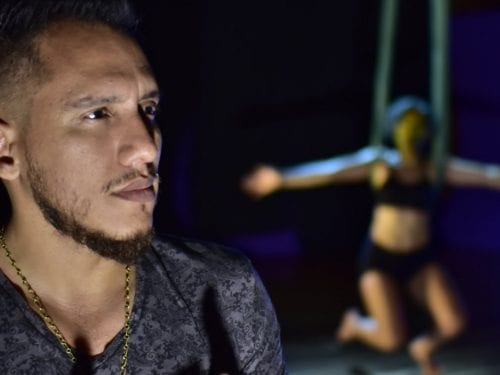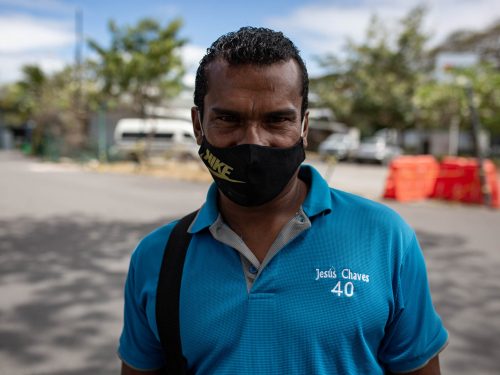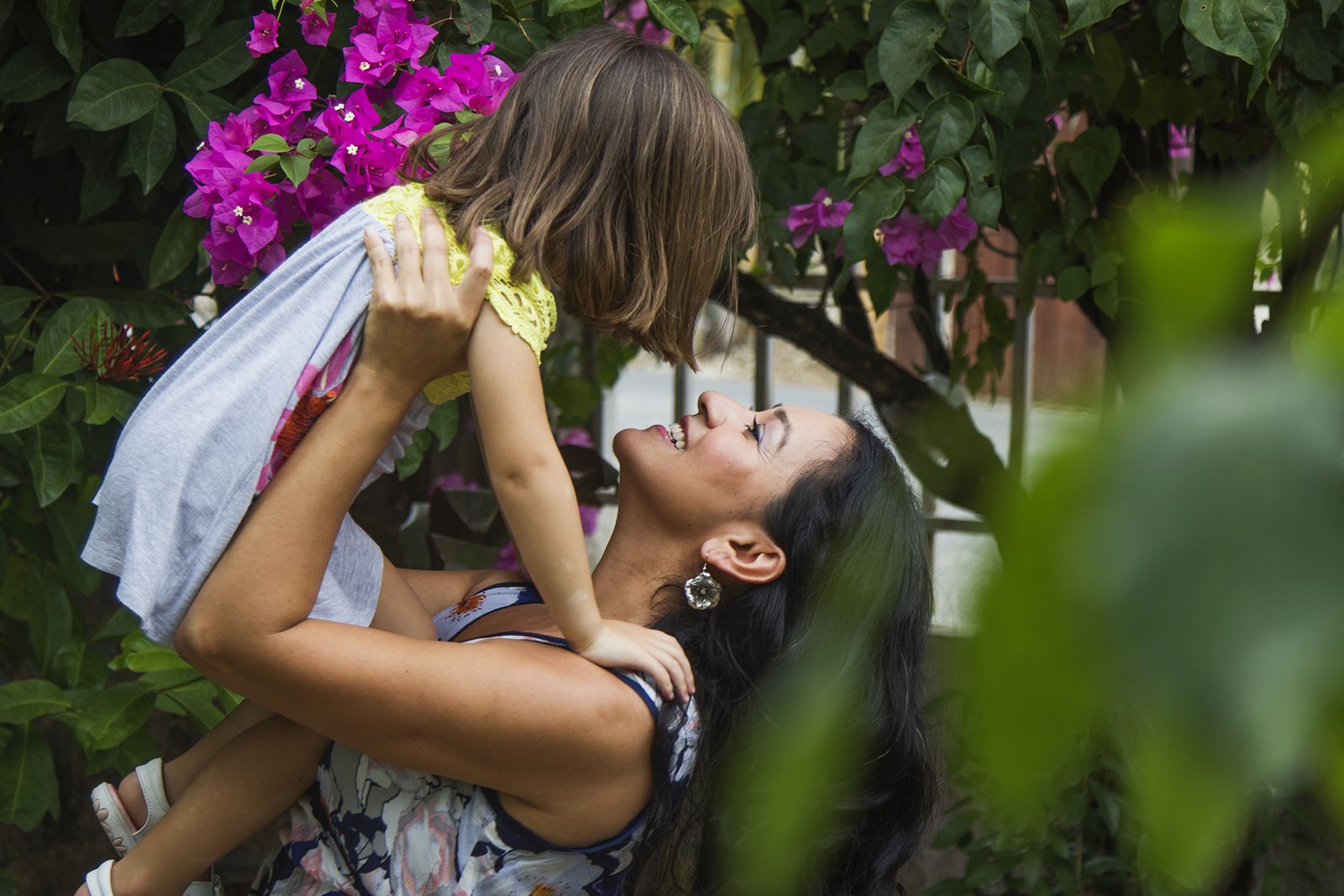
My partner hit me while I was pregnant and after the pregnancy. I thought it was normal for him to hit me because I saw my parents do the same thing. My mom never left, and I stayed there. I was young, had two kids and wanted to continue studying, but he wouldn’t let me. One day, like many, I defended myself and almost killed him.
My parents supported me and told me that if I wanted, I could work and study. That was a blessing back then, but only for a short time because then he started following me. He found me wherever I went. I had marks on my neck and on my arms from him trying to grab and strangle me.
Three years later, I left Nicoya because the persecution never stopped. I took my kids to Limon and that’s where I met the man who would be my husband.
911, courts, Inamu and offices on womens’ matters are some of the allies for those who suffer aggression and for their loved ones.
Everything started all over again. When you have been abused, you have a need to be loved and cared for. He gave me that at the beginning. But then the other violence started, and it wasn’t physical but a violence that is quiet and ill tempered.
Guanacaste prepares, little by little, for a future without gender violence. It’s not easy, but its crusaders are not giving up.
It was a harassment that I couldn’t escape without him calling me every five minutes. He controlled my life, he manipulated me and I didn’t realize it. Ten years went by with screams, beatings and infidelities.
I never left the house but he would abandon me and leave everything, the rent, water, electricity, and food up to me. I didn’t know what to do, but I would figure it out and he would come back and the cycle of violence would start again.

One day, I spoke to my in-laws to tell them that I wanted to leave, but my mother-in-law told me that a marriage was for life. I don’t know what happened at that moment but I felt empowered, empowered in my mind and body and I left that violence behind. I returned to my province, Guanacaste, and I sought out help here at different institutions because I was back with my mom again, and now with four children.
I feel strong, empowered, and I repeat to myself that women can do anything we set our minds to.
After many visits, IMAS enrolled me in the government’s Puente al Desarrollo program, which is how they learned my story. They referred me to Inamu. Now I’m a business owner and I make my own clothes to sell. That’s why I tell women that there is always a way out, that you have to denounce the crimes, and that we aren’t alone.
I tell women all the time not to keep quiet, that fear is overcome by talking.







Comments